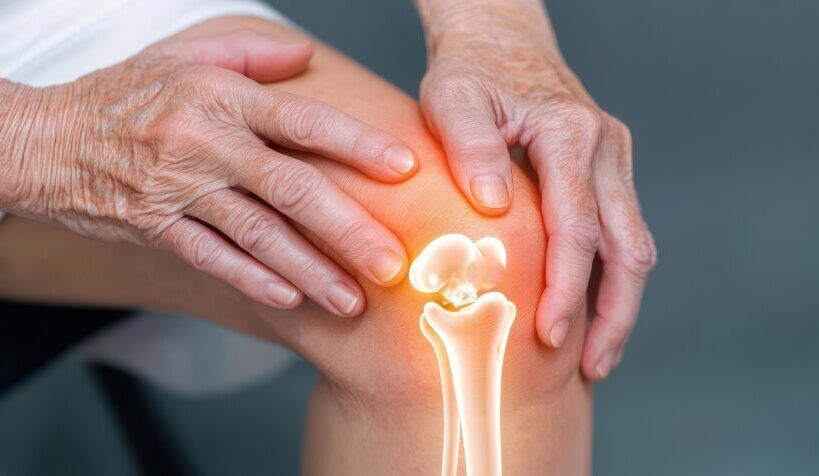Herbal Help for Colitis
- Pilgrim's Market

- May 7, 2024
- 2 min read
Updated: May 22, 2024
Ulcerative colitis is becoming more common. Despite medical treatment, a considerable number of people continue to struggle with relapsing disease and will require surgery. Combined with the side effects of drugs, this continued struggle has led to a search for natural alternatives.
Ulcerative colitis is a chronic inflammatory bowel disease that can cause debilitating symptoms, including abdominal pain, diarrhea and rectal bleeding. It also brings an increased risk of colorectal cancer.
Conventional drug treatment may be insufficient for some and it brings a host of potentially serious side effects.
A number of herbs have been shown to help. In this new systematic review and meta-analyses, researchers put the research together to look at the evidence for some of the herbal treatments.
The most studied herb that was included in the review was curcumin. Several studies have found that, compared to adding a placebo to the drug mesalamine, adding curcumin leads to significantly higher rates of clinical improvement, clinical remission and endoscopic response. When a meta-analysis of 17 controlled studies was performed, the results showed an improvement in clinical response that did not reach statistical significance (perhaps because of the inclusion of two weak studies), but a significant improvement in remission, endoscopic response and endoscopic remission. The results indicate that curcumin “can be recommended as an added therapy to induce clinical remission.”
One unblinded study that compared boswellia to the drug sulfasalazine found that it was as effective of clinical remission and improvement in symptoms, including abdominal pain and blood in the stool.
One controlled study of people taking 5-ASA medication found that adding flaxseed or flaxseed oil significantly improved inflammation in the gastrointestinal tract, Mayo score assessment of colitis severity and Inflammatory Bowel Disease Questionnaire-9 (IBDQ) score.
When the drug mesalazine alone was compared to mesalazine plus the herb licorice, markers of inflammation as well as the clinical efficacy and IBDQ score were all significantly better on licorice.
When people used extra virgin olive oil, though it failed to produce significant improvement in Mayo score, it did significantly improve bloating, constipation, urgency to go to the bathroom as well as markers of inflammation.
A controlled study of saffron found significant improvement in the Simple Clinical Colitis Activity Index (SCCAI), which assesses the severity of symptoms in colitis. It also found improvement in antioxidants and markers of inflammation. There was no improvement in IBDQ-9.
One study found that wheatgrass significantly improves rectal bleeding, abdominal bleeding and disease severity.
And one study found that ginger significantly improved SCCAI scores compared to placebo.
This large study identified several herbs with the potential to safely improve treatment of colitis.
Nutrients 2024,16(7),934.






Comments